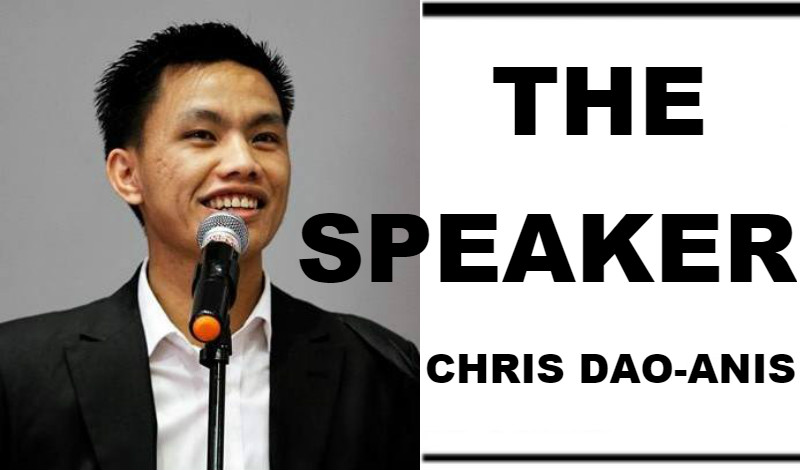What do you usually see? What do you usually listen to? Who do you usually hang out with?
I asked these questions because we need to eat good food. I am referring not only to what we consume with our mouth but also of our eyes, our ears, and our entire being.
First, what do you usually see? We have to be careful with what we usually see because we become what we see.
Let’s look at negative news on TV for instance. Anxiety expert and psychology professor Dr. Graham C.L. Davey, in his article with Psychology Today in 2012 said, “If the TV program generates negative mood experiences (e.g. anxiety, sadness, anger, disgust), then these experiences will affect how you interpret events in your life, what types of memories you recall, and how much you will worry about events in your life.”
How much time do you spend in watching bad news?
Experience and experts tell us that if we want to be happier and healthier, we need more good news, good information. Prof. Ben-Shahar said, “Positive information benefits us emotionally, physically, and mentally. It can contribute in a meaningful way to a happier and healthier life.”
The truth is we become what we see. Choose and filter what you see consistently. Choose what is good.
Second, what do you usually listen to? We have to be cautious with what we listen to because we are being conditioned by what we listen to.
Let’s take music for example. “There is no other stimulus on earth that simultaneously engages our brains as widely as music does,” says Brian Harris, certified neurologic music therapist at Harvard-affiliated Spaulding Rehabilitation Hospital. This is why music is used in therapy and healing sessions.
Be mindful, however, because music may be harmful at times. In an article released by MedicalNewsToday in 2015, it shares a study published in the journal Frontiers of Human Neuroscience stating, “Analysis showed that anxiety and neuroticism were higher in participants who tended to listen to sad or aggressive music to express negative feelings…” Dr. Suvi Saarikallio, co-author of the study said, “This style of listening results in the feeling of expression of negative feelings, not necessarily improving the negative mood.” Emily Carlson, music therapist and main author of the study concludes, “We hope our research… encourages everyone to think about how the different ways they use music might help or harm their own well-being.”
What else do you listen to? What do you watch on Youtube? What is on your playlist? Are you listening to enlivening music rather than negative music? Are you listening to inspirational talks rather than trash talks? Are you listening to educational materials rather random senseless stuff?
Choose your conditioning by choosing what you listen to.
Third, who do you usually hang out with? We have to be choosy with who we hang out with because we are being influenced by who we associate with.
Take a look at your social circle. According to research by social psychologist Dr. David McClelland of Harvard University, the people you habitually associate with determine as much as 95 percent of your success or failure in life.
Jim Rohn had been saying, “You are the average of the five people you spend the most time with.” Definitely, this goes beyond five. It includes all those who are in your usual circle.
Select how you will be influenced toward success by carefully choosing who you hang out with.
With all these facts and insights, let me asked again these questions: What do you usually see? What do you usually listen to? Who do you usually hang out with?
(Chris Dao-anis, CPA, DTM is a leadership trainer, presentations coach, and an author of 4 books including ‘SPEAK: How to Craft and Deliver a Speech or Presentation with Competence and Confidence’. Get his book for free by attending the SPEAK 2.0 Intensive Public Speaking Workshop on May 25. Register now at http://bit.ly/SpeakBaguio. Meet good people who also want to grow at the Growth Summit 2019; sign up now at http://bit.ly/growthsummitph.)













